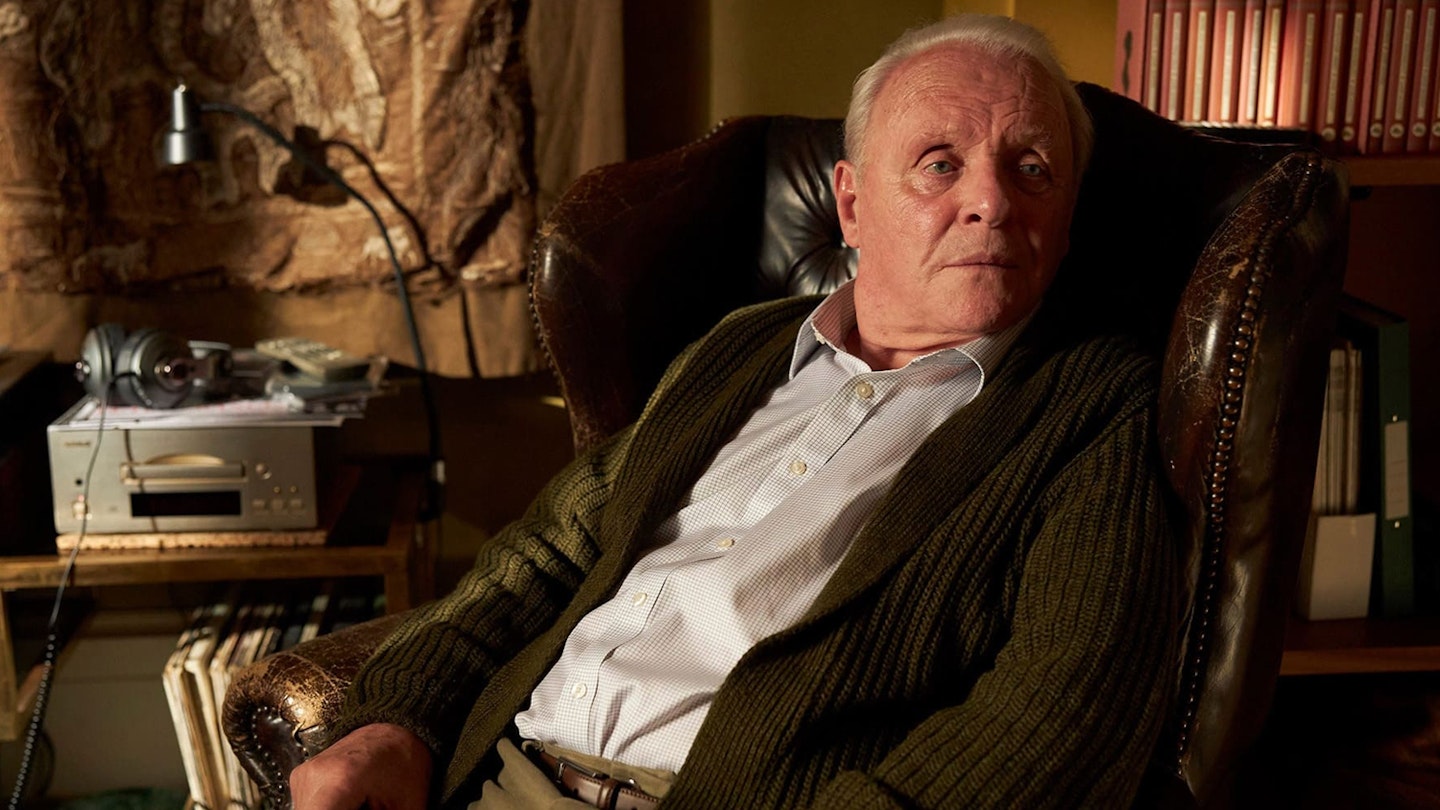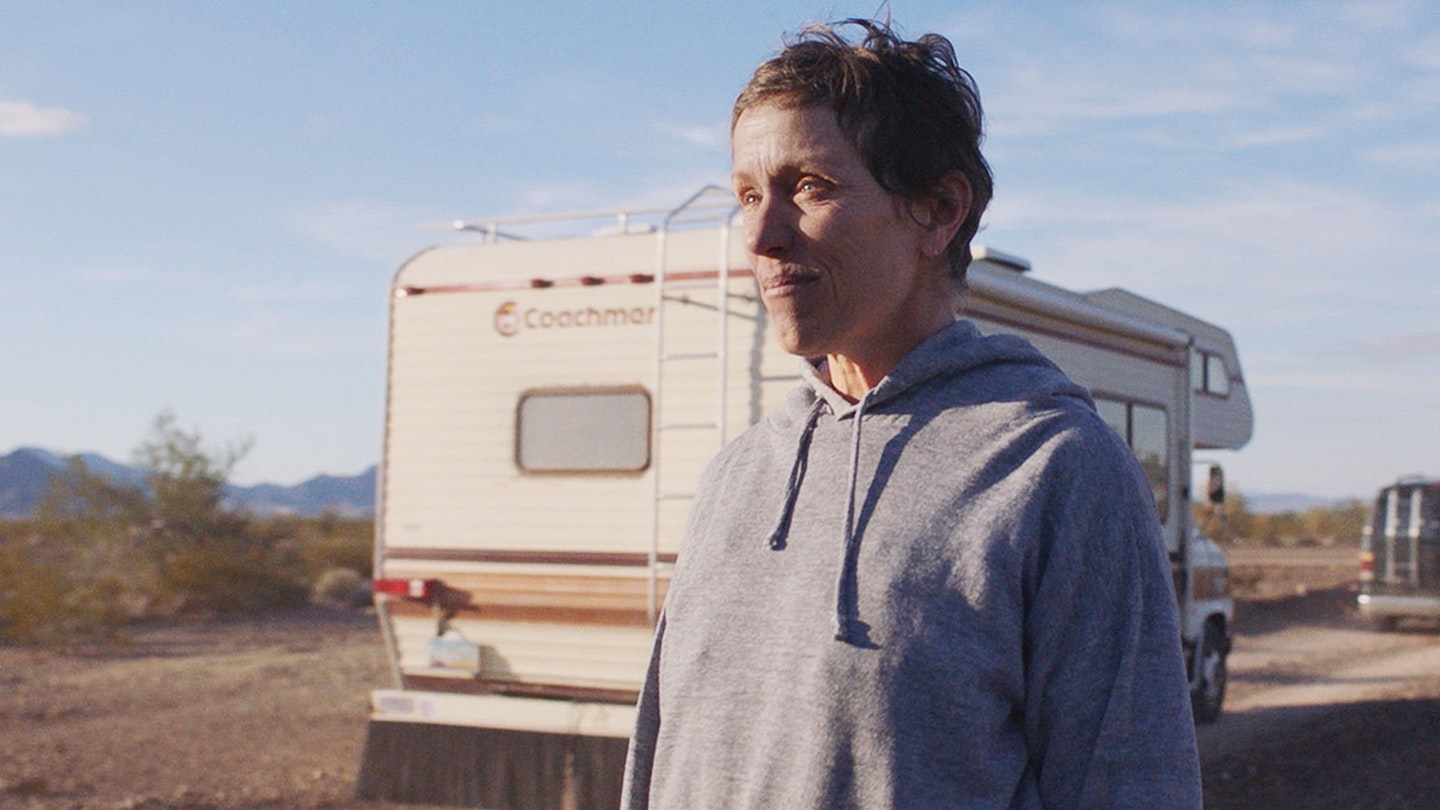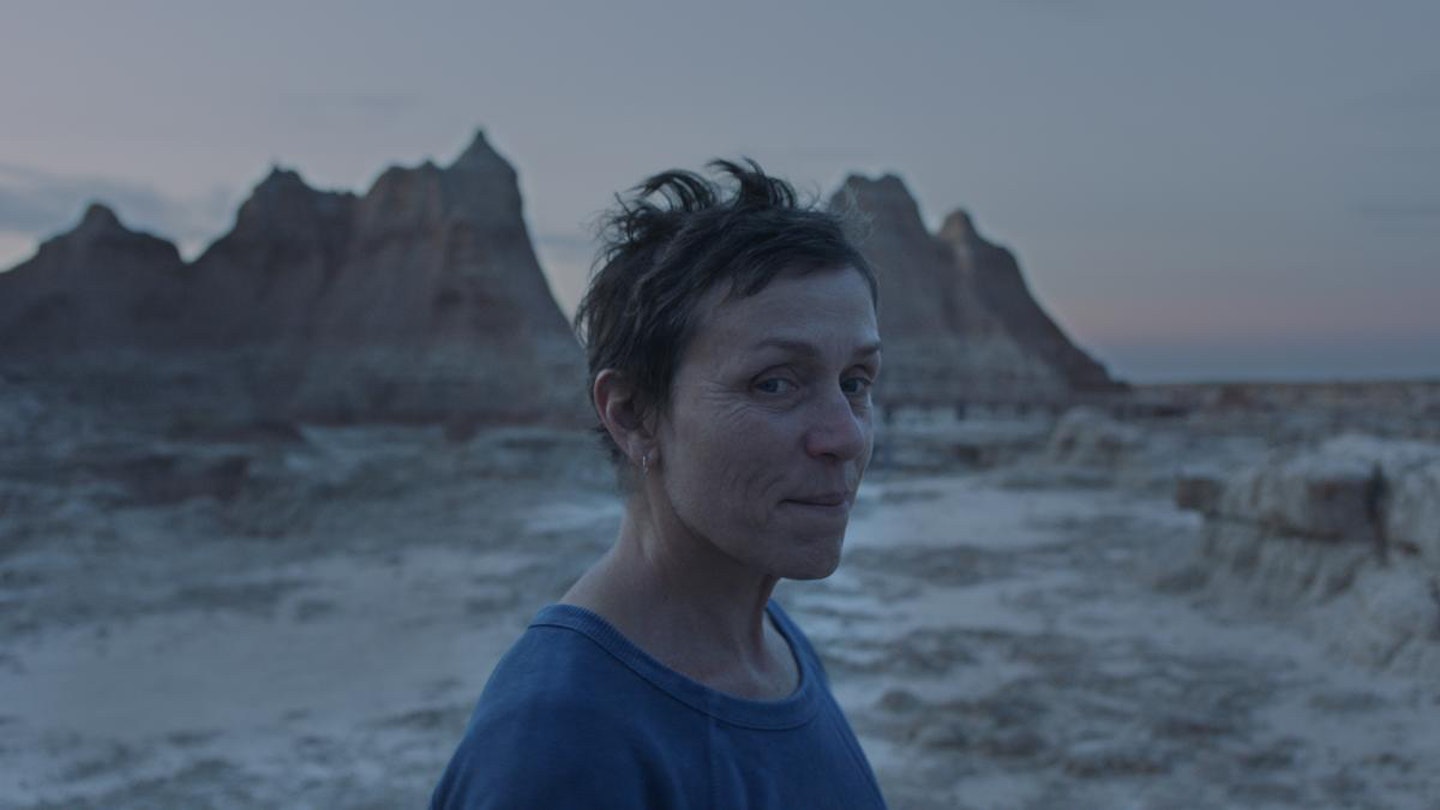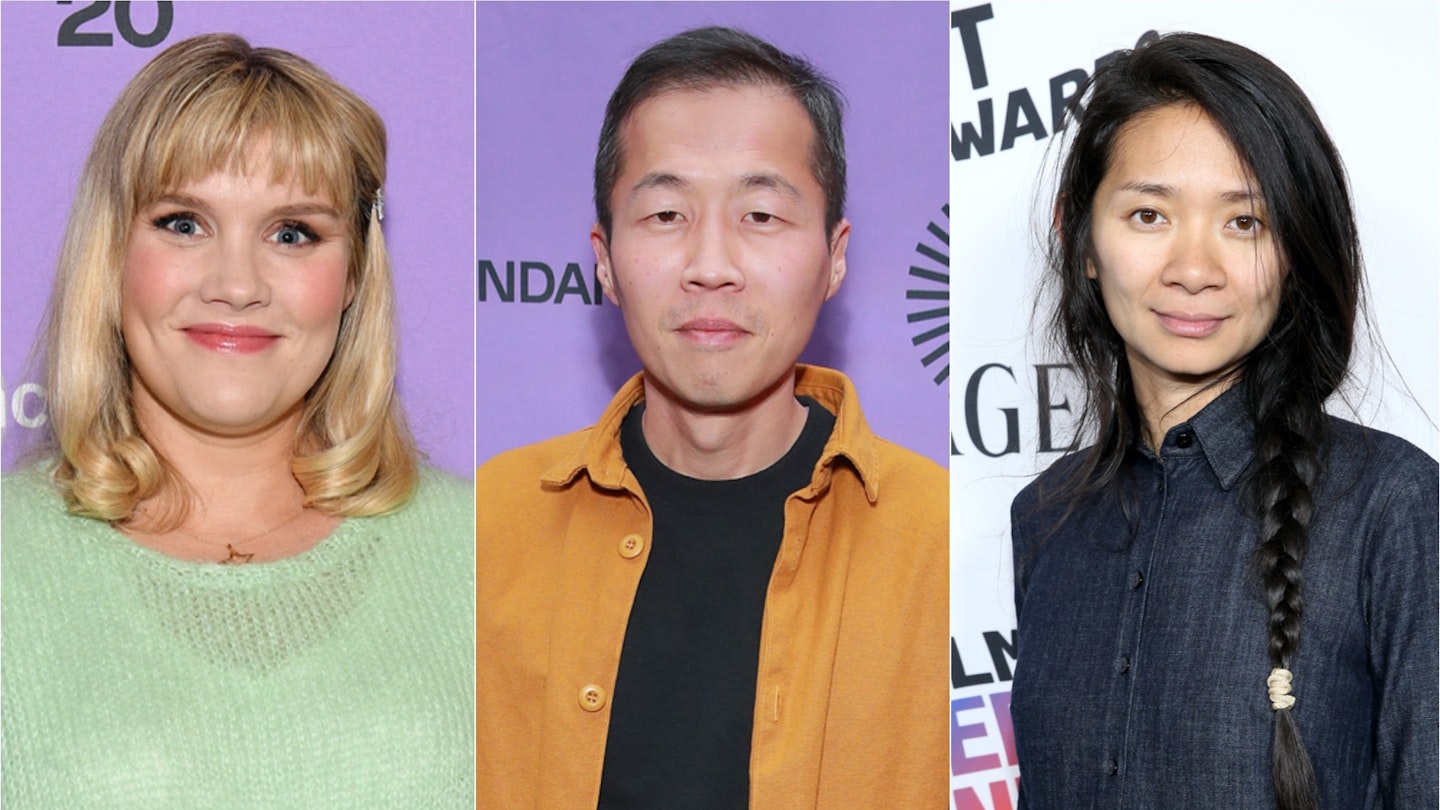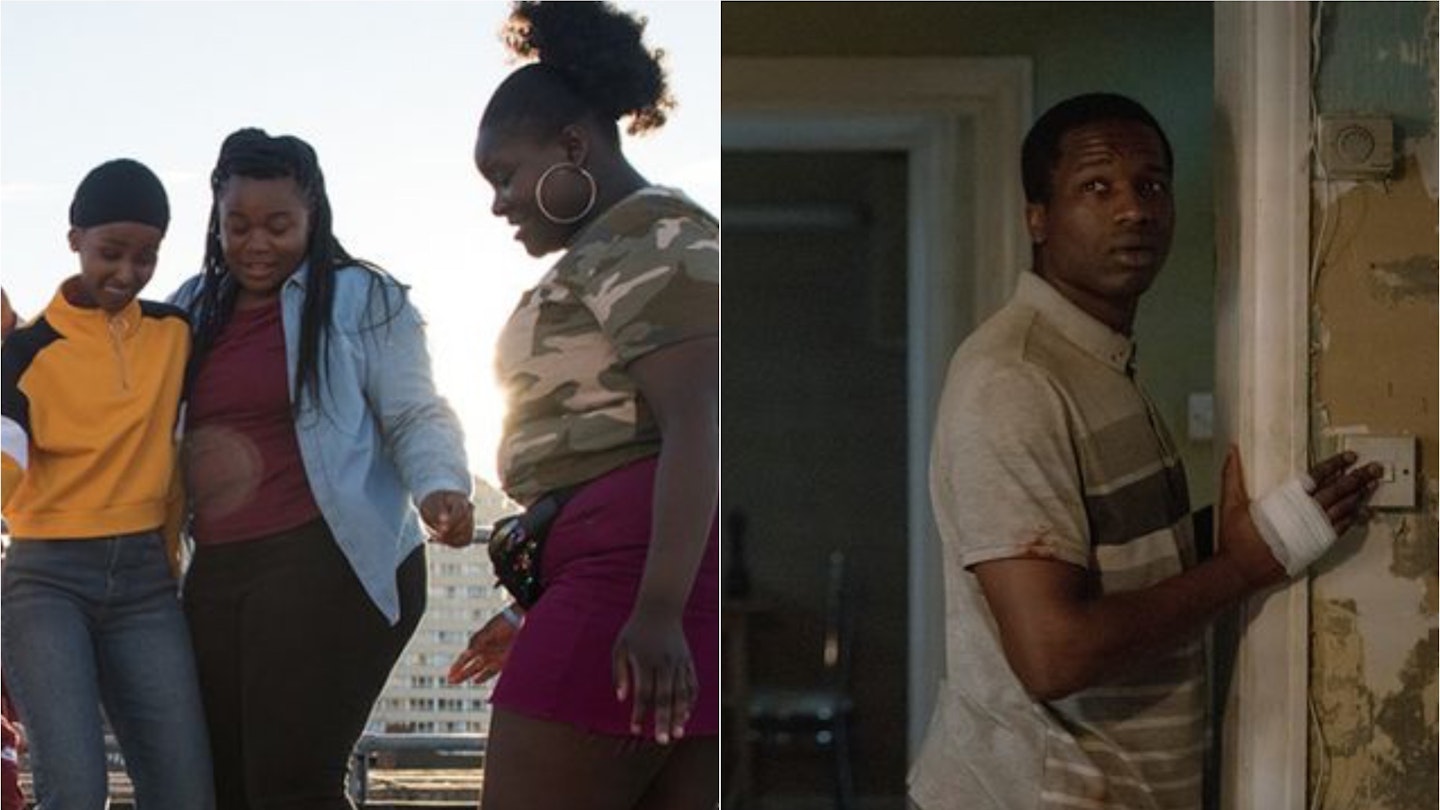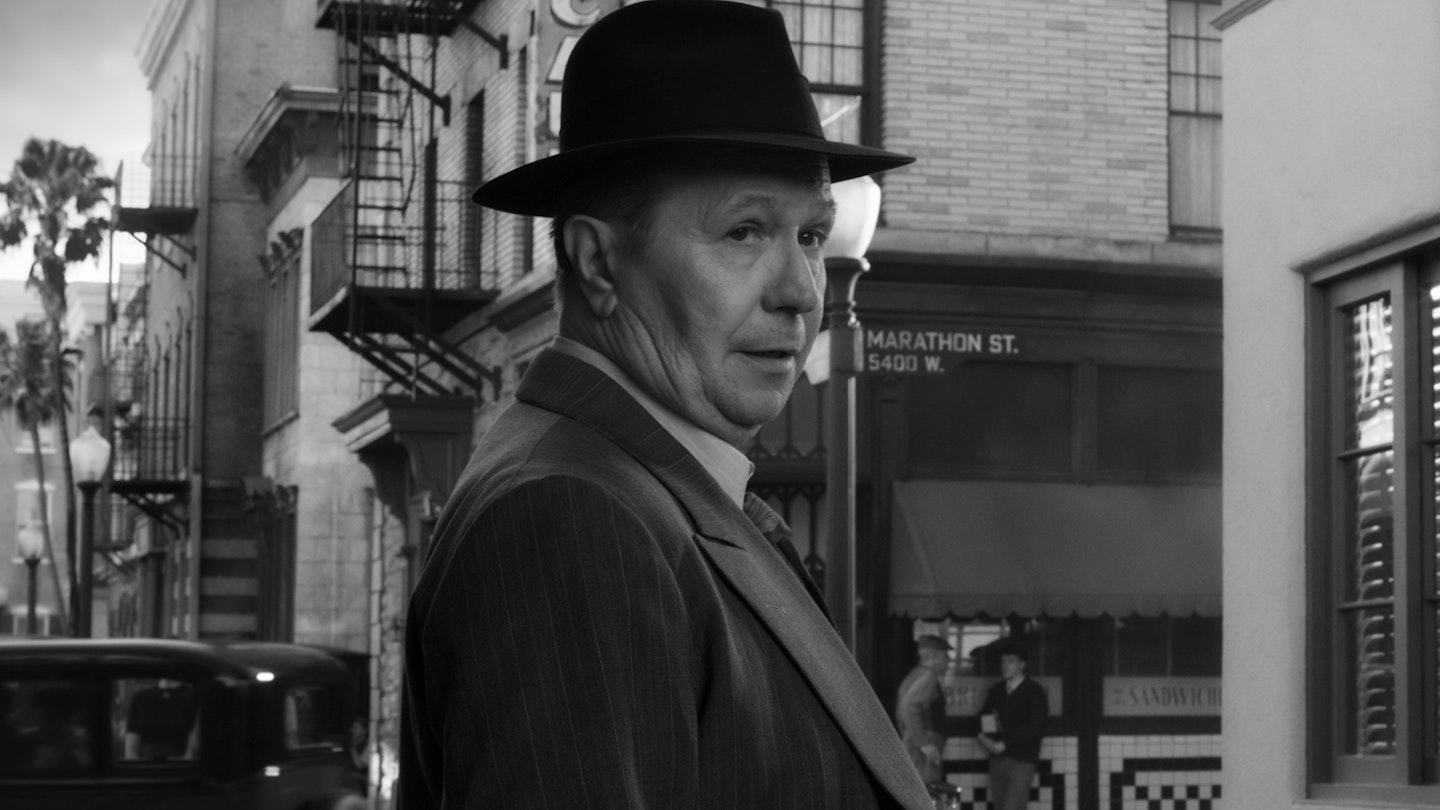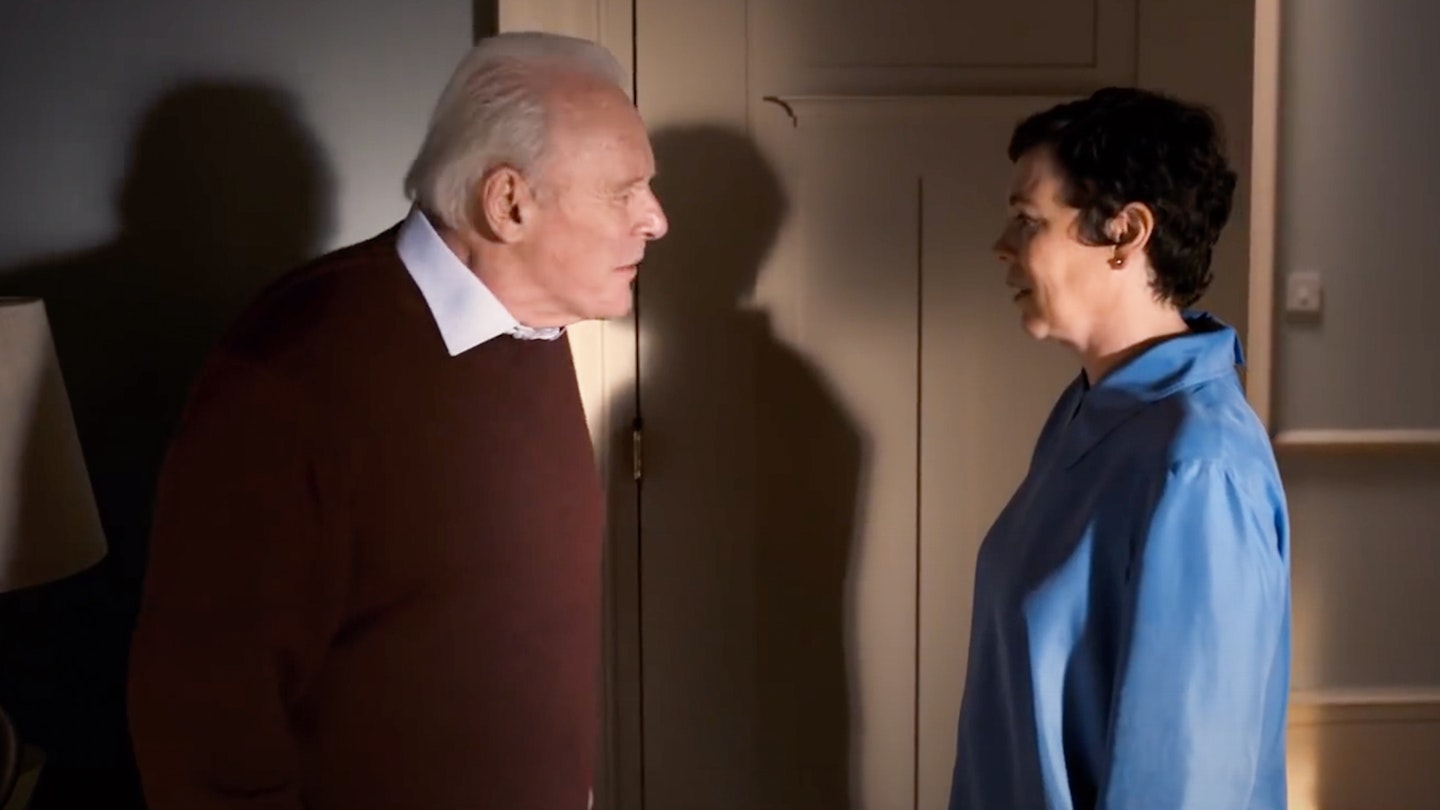Back in 2000, a filmmaker named Christopher Nolan made his American debut with Memento, an emotionally brutal thriller about a man named Leonard who is unable to retain a memory for more than five minutes. What was startling about it was the way in which Nolan locks the viewer inside Leonard’s mind, so that you too greedily grab on to any morsel of information offered and eye other characters with suspicion. Now, 21 years later, another new director, this time a French playwright named Florian Zeller, is using a similar technique to equally striking effect. The hero of The Father is an octogenarian and has neither peroxide-blond hair nor visible tattoos, but he too is floundering desperately, unable to trust his own mind. And by adopting the perspective of a man with advanced dementia, Zeller has created a highly effective piece of POV filmmaking, a kind of horror film with a huge heart.
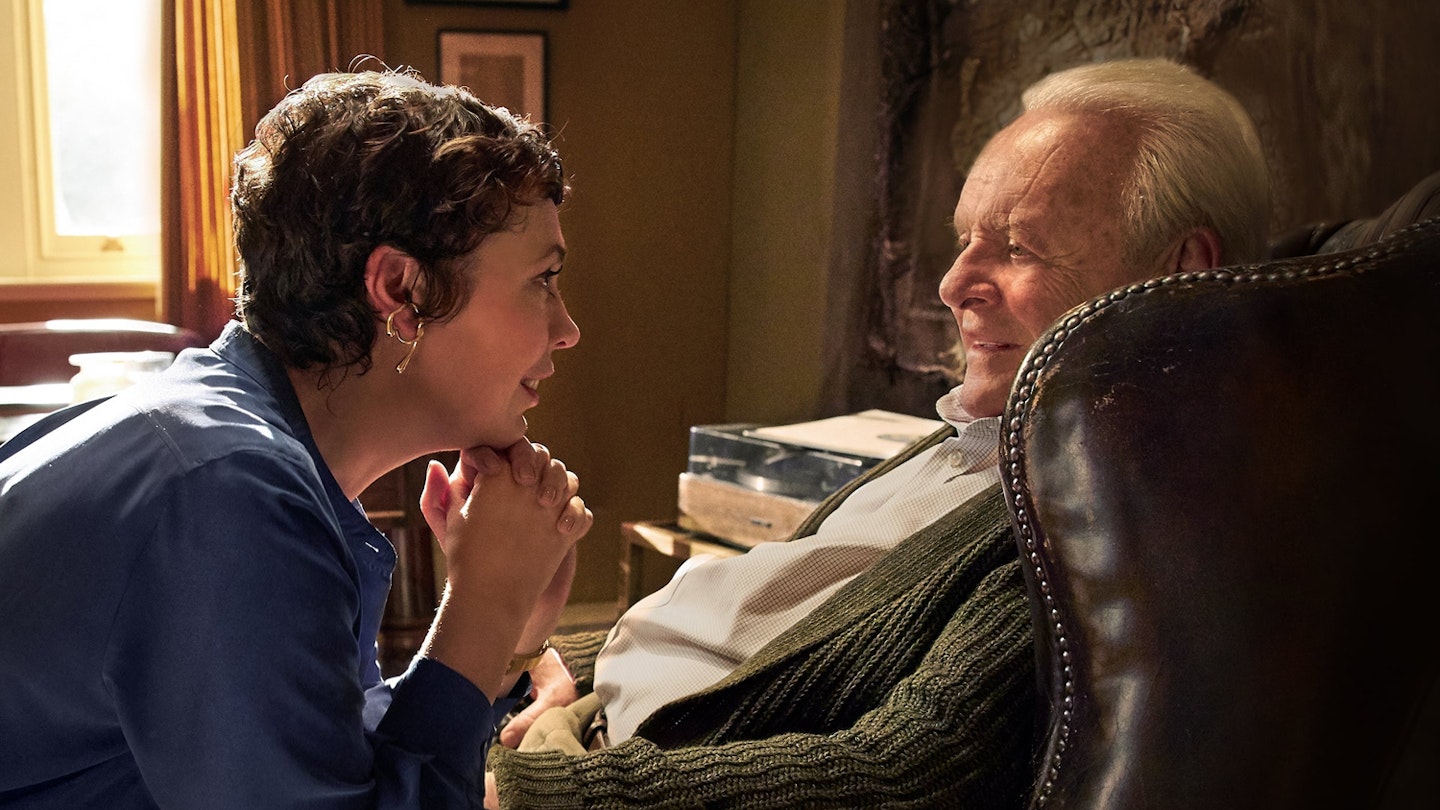
Anthony (Anthony Hopkins) is lost in a labyrinth. It’s a mental one: the various threads of his life keep slipping through his fingers. Where’s his watch? Is his daughter married? Is she moving to France? What’s happened to his other daughter? Is it morning or evening? Where’s that bloody watch? But as depicted here, it’s also a physical maze: as he negotiates the London flat in which he’s ensconced, the furniture keeps shifting, paintings vanishing from the walls, a piano morphing into a drinks cabinet. Zeller, adapting his own stage play, proves a natural at subverting filmic language to head-spinning effect. It’s unclear at all times exactly where Anthony is, or when he is.
It’s a tough watch, for sure, not least in the astonishing, tear-jerking final five minutes. But it’s also gripping and audacious.
Who he is is kept fuzzy, too. Conversations Anthony has with people lurch forward, frequently reversing when something he says is met with bafflement — “Of course,” he mutters repeatedly when corrected, though it’s heartbreakingly obvious that beneath his feigned comprehension is still abject confusion. Like Leonard in Memento, Anthony is hunting for clues to his own identity. And as portrayed by Hopkins in a powerhouse performance, one of the actor’s very best, he cycles through a vast range of emotion in 97 minutes, none of it feeling false. At one point the character is impishly charming, offering a whisky to his new carer and launching into a frenzied tap-dance. At another, his mood blackens, becoming horribly cruel. But mostly, he is lost, unmoored, searching desperately for a measure of control.
It’s a tough watch, for sure, not least in the astonishing, tear-jerking final five minutes. But it’s also gripping and audacious, twisting the conventions of narrative storytelling to match the awful effects of the disease it’s portraying. It offers no easy answers — there aren’t any. But it does offer plenty of compassion, both for the titular character and for his daughter, occasionally lingering with her, as played with low-key power by Olivia Colman, just long enough to make clear how much she’s struggling too. “I don’t need help from anyone,” Anthony barks at one point. But The Father makes clear that in this situation, all we can do is hang on to each other for dear life.
